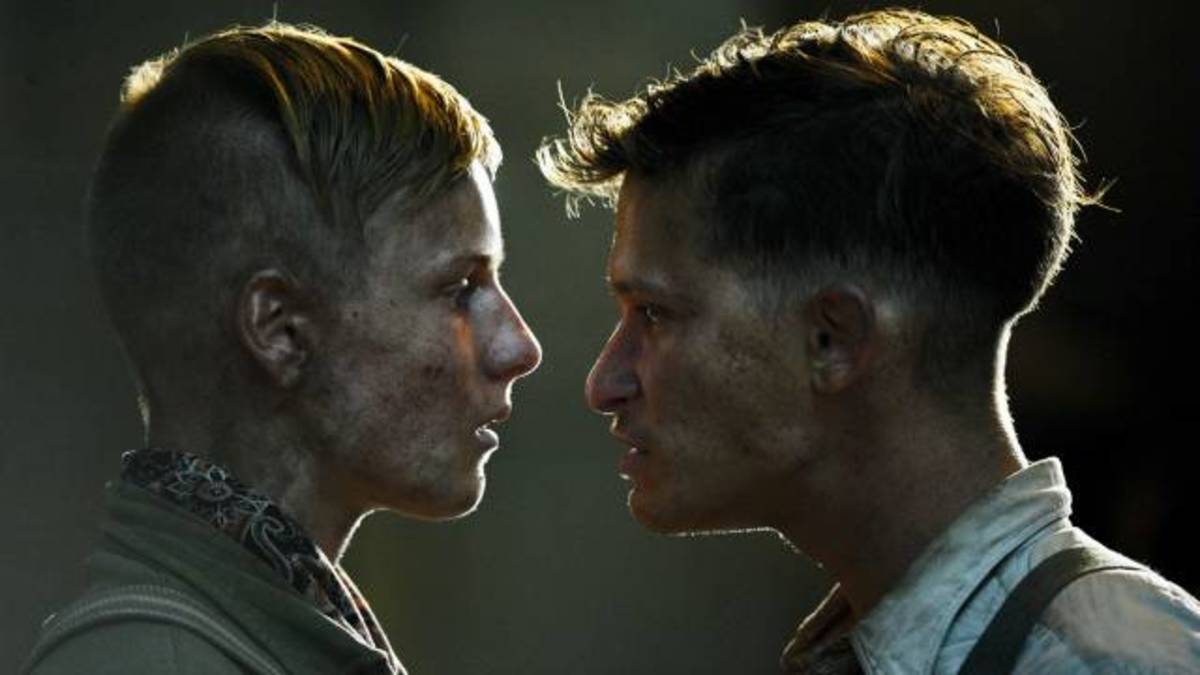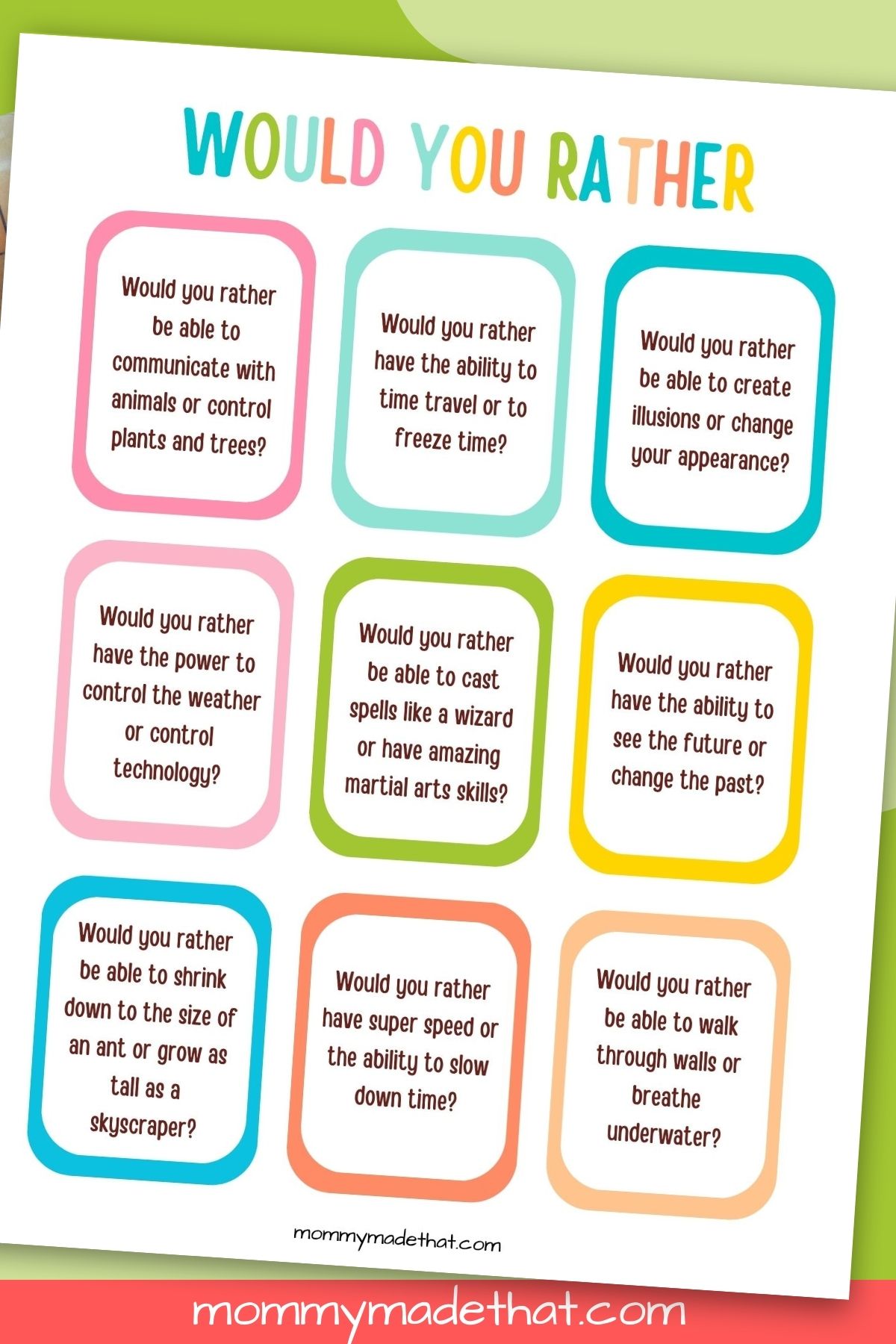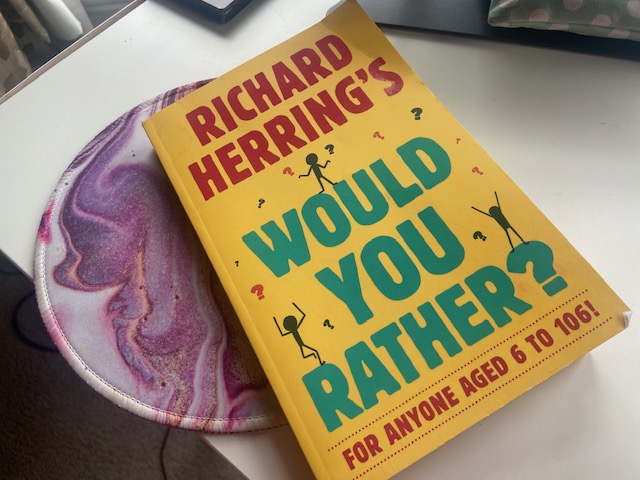Would You Fairly: Exploring the Ethical Minefield of Selection in Movie
Associated Articles: Would You Fairly: Exploring the Ethical Minefield of Selection in Movie
Introduction
With nice pleasure, we’ll discover the intriguing matter associated to Would You Fairly: Exploring the Ethical Minefield of Selection in Movie. Let’s weave fascinating data and supply contemporary views to the readers.
Desk of Content material
Would You Fairly: Exploring the Ethical Minefield of Selection in Movie

The "Would You Fairly" state of affairs, a staple of awkward celebration video games and philosophical debates, has discovered a surprisingly fertile floor within the cinematic panorama. These movies, usually categorized as horror, thriller, or psychological drama, leverage the inherent rigidity and ethical ambiguity of unattainable selections to discover the darkest corners of human nature. As an alternative of a lighthearted recreation, "Would You Fairly" films power viewers to confront brutal dilemmas, difficult their very own moral compass and revealing the fragility of societal norms beneath excessive stress. This text delves into the style, analyzing its thematic preoccupations, widespread tropes, and the psychological affect it has on each characters and audiences.
The core enchantment of the "Would You Fairly" movie lies in its means to strip away the veneer of civility and reveal the primal instincts that lie beneath. Not like conventional narratives pushed by exterior battle, these movies deal with inner struggles, forcing characters to make agonizing selections that usually contain sacrificing their very own well-being or the lives of others. The dilemmas introduced are not often simple; they’re meticulously crafted to take advantage of inherent biases, problem ingrained ethical codes, and expose the inherent contradictions inside human morality.
One of the crucial prevalent themes explored in these movies is the erosion of morality beneath duress. The protagonists, usually thrust into horrific conditions with little to no company, are pressured to confront the constraints of their moral frameworks. The stress cooker surroundings, whether or not or not it’s a distant location, a clandestine group, or a dystopian society, systematically dismantles their sense of self and compels them to make compromises they by no means thought doable. This descent into ethical ambiguity is usually depicted as a gradual course of, beginning with seemingly minor compromises that escalate into more and more heinous acts. The viewers witnesses this transformation, forcing them to grapple with the query: how would I react in the identical state of affairs?
One other recurring theme is the exploration of energy dynamics and the corrupting affect of absolute authority. Many "Would You Fairly" movies characteristic a controlling antagonist who manipulates the victims by way of rigorously constructed dilemmas, exploiting their vulnerabilities and pushing them to the breaking level. This antagonist usually embodies a twisted type of utilitarianism, justifying their actions by way of a warped sense of the larger good. Their actions function a chilling reminder of the potential for even seemingly benevolent people to succumb to the attract of energy and inflict unimaginable cruelty within the title of a better goal.
The movies usually make use of a suspenseful and claustrophobic environment to intensify the stress and amplify the psychological affect on the characters. The setting itself usually acts as a personality, contributing to the sensation of isolation, confinement, and impending doom. The usage of lighting, sound design, and cinematography contributes to the general feeling of unease and dread, mirroring the interior turmoil skilled by the protagonists. This immersive strategy pulls the viewer into the characters’ psychological struggles, making the alternatives they face really feel all of the extra visceral and actual.
The style additionally ceaselessly makes use of the trope of the ticking clock, including a component of urgency and heightened stakes. The protagonists are sometimes given restricted time to make their selections, rising the stress and forcing them to behave impulsively. This factor of time stress contributes to the sensation of helplessness and desperation, highlighting the constraints of human company within the face of overwhelming circumstances.
Nonetheless, the "Would You Fairly" style isn’t with out its criticisms. Some argue that the movies rely too closely on shock worth and gratuitous violence, sacrificing thematic depth for visceral thrills. Others criticize the usually simplistic portrayal of morality, decreasing advanced moral dilemmas to binary selections between "good" and "evil." Moreover, the style can typically fall into the lure of nihilism, providing no satisfying decision or commentary on the ethical complexities explored.
Regardless of these criticisms, the style’s enduring enchantment lies in its means to confront uncomfortable truths about human nature. It forces us to confront the potential for darkness inside ourselves and to query the very foundations of our ethical compass. The movies act as a thought experiment, difficult our assumptions and forcing us to confront the tough questions we frequently keep away from in our day by day lives. By exploring the intense limits of human habits, "Would You Fairly" films supply a novel and unsettling glimpse into the abyss of ethical ambiguity, leaving audiences grappling with the implications lengthy after the credit roll.
Examples of movies that successfully make the most of the "Would You Fairly" premise embrace The Recreation, The Purge franchise, Noticed, and Dice. Every of those movies employs the core idea in several methods, exploring varied aspects of the human situation beneath stress. The Recreation focuses on the psychological manipulation and the blurring traces between actuality and phantasm, whereas The Purge franchise examines the societal implications of unchecked violence and the breakdown of social order. Noticed delves into the themes of justice, morality, and the worth of human life, whereas Dice explores the themes of isolation, survival, and the inherent randomness of destiny.
The effectiveness of a "Would You Fairly" movie usually hinges on the believability of the dilemmas introduced and the nuanced portrayal of the characters. Essentially the most impactful movies are those who keep away from simplistic morality performs and as a substitute delve into the complexities of human decision-making beneath excessive stress. They’re movies that problem our assumptions, provoke uncomfortable self-reflection, and depart an enduring affect lengthy after the viewing expertise.
In conclusion, the "Would You Fairly" movie style, whereas usually categorized as horror or thriller, gives a novel and compelling exploration of human morality and the fragility of moral frameworks beneath duress. By presenting audiences with unattainable selections and forcing them to confront the darkest elements of human nature, these movies present a thought-provoking and infrequently unsettling examination of the human situation. The enduring enchantment of the style lies in its means to problem our assumptions, provoke uncomfortable self-reflection, and depart us grappling with the implications of our personal ethical compass lengthy after the credit have rolled. The style’s continued evolution and exploration of more and more nuanced dilemmas guarantees a wealthy and unsettling future for this distinctive cinematic sub-genre.








Closure
Thus, we hope this text has supplied invaluable insights into Would You Fairly: Exploring the Ethical Minefield of Selection in Movie. We recognize your consideration to our article. See you in our subsequent article!